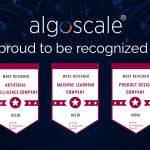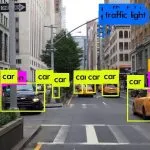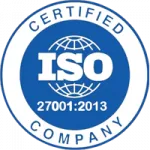Modern business applications have become the backbone of enterprises today. Companies use a combination of technologies, known as a technology stack, to power these applications. This tech stack comprises a variety of frameworks, libraries, databases, languages, front-end and back-end tools, and more. Without an efficient tech stack, it is impossible for any company to build a modern business application. And one such widely used tech stack is the MERN stack.
MERN is short form for MongoDB, Express.js, React.js, and Node.js. In other words, the MERN stack is the combination of these four technologies that enable faster and more effective web development.
The audience nowadays has become quite informed when it comes to digital technicalities. They expect every web and mobile application to exhibit an intuitive interface and offer a seamless user experience. And this is where the future of MERN stack development lies. The efficient tech stack enables developers to build high-quality and resourceful applications that keep the audiences engaged.
In today’s blog, we will understand all about the MERN stack and how it is powering an incredible range of modern business applications.
Understanding MERN Stack
MERN is an open-source framework that combines MongoDB, Express.js, React.js, and Node.js. All four technologies are based on JavaScript, which enables MERN developers to build powerful, creative, and highly interactive web apps and websites.
The developers can leverage the MERN stack to create robust three-tier architecture: frontend, backend, and database. Therefore, the stack is well-known as a full-stack development framework.
If you take a closer look, Node and Express are used to build the middle tier of the application, where Node.js is a JavaScript server platform and Express.js is a server-side web framework. Moving on, React.js is a client-side JavaScript framework that is best known for managing incoming requests. And finally, MongoDB is a document database.
MERN stack was created to make the process of app development as simple as possible. Therefore, every component of the stack serves a particular purpose that must be understood.
- MongoDB: MongoDB is a NoSQL, document-oriented database that stores the application data. MongoDB enables developers to create databases, tables, and schemas where all data is stored in binary JSON format. It also offers the Mongo shell that provides a JavaScript interface for deleting, querying, or updating records as well as ensuring a quick exchange of data.
- Node.js: Node.js is an open-source JavaScript runtime environment that allows the code to run on the server. It comes with the Node Package Manager (NPM) that enables developers to choose from a range of pre-defined packages and expedite the development process.
Express.js: Express.js is a framework that is built on top of Node.js. Express is used to build the backend of a site using Node.js structures and functions. It is a favorite choice among developers, thanks to its high speed and minimal architecture. - React.js: React.js is an open-source library developed by Facebook. It is used to build UI elements and power the user interfaces for mobile apps and single-page applications. React.js is extremely fast, efficient, and scalable, enabling developers to use the same code on various platforms and create hybrid designs.
These four components of the MERN stack are pretty easy to master, and it is even easier to develop web apps using them. Collectively, the four technologies very well complement each other and enable the creation of engaging apps with support for APIs, real-time events, caching, and client-side rendering.
Benefits of MERN Stack
MERN stack development has several benefits, including:
- Fully JavaScript-based: With the MERN stack, developers can create a web app using only one programming language, i.e. JavaScript, which powers both the frontend and backend.
- Shallow learning curve: Because the MERN stack involves only one programming language, it is comparatively easier to learn and implement.
- Massive community support: All four technologies included in the stack are hugely popular and preferred by developers across the world. Consequently, you can find extensive documentation and resources to streamline the development process and expedite debugging.
- A vast range of packages and libraries: MERN stack offers an extensive collection of packages and libraries that enables developers to build functional applications in less time.
- Flexibility and scalability: This technology combination offers immense flexibility and scalability, making it ideal for several use cases, from budding start-ups to established business enterprises.
All of these factors contribute to MERN’s rising popularity and its extensive use in developing web apps.
MERN Stack vs. Other Stacks
MERN stack is essentially a technology stack that allows developers to create and connect the backend and frontend. However, there are a few other frameworks that have spun up lately and aiming to compete with MERN.
Let’s have a look at some of the other popular tech stacks and understand how they fare against the MERN stack.
1. MEAN Stack
MEAN stack is a combination of JavaScript-based technologies that enable the development of complicated web apps and websites. It comprises MongoDB, Express.js, Node.js, and Angular. Quite like MERN, the MEAN stack also includes a vast range of tools and plugins that reduces the development time and expedites the deployment of websites, web apps, and APIs.
MERN Stack vs. MEAN Stack
MEAN
MERN
2. LAMP Stack
LAMP is a Linux-based tech stack that provides robust performance in hosting and building large web applications. The stack has plenty of tools and libraries that you can use for extended support as a developer. Essentially, the acronym stands for Linux- the operating system, Apache – the web server, MySQL – for data persistence, and PHP – the programming language.
LAMP
MERN
Conclusion
MERN stack development is credibly the future of full-stack development, owing in large part, to its high speed, brilliant components, and streamlined development process. It offers a wonderful user experience and helps businesses in building highly dynamic web applications.
As a product engineering company, Algoscale can help you integrate the MERN stack with our services and deliver the best products that your enterprise needs. From conceptualization to prototyping to the final design and execution, our team of developers can customize the product to match your precise business requirements. You can get in touch with our experts and schedule a free consultation today.












